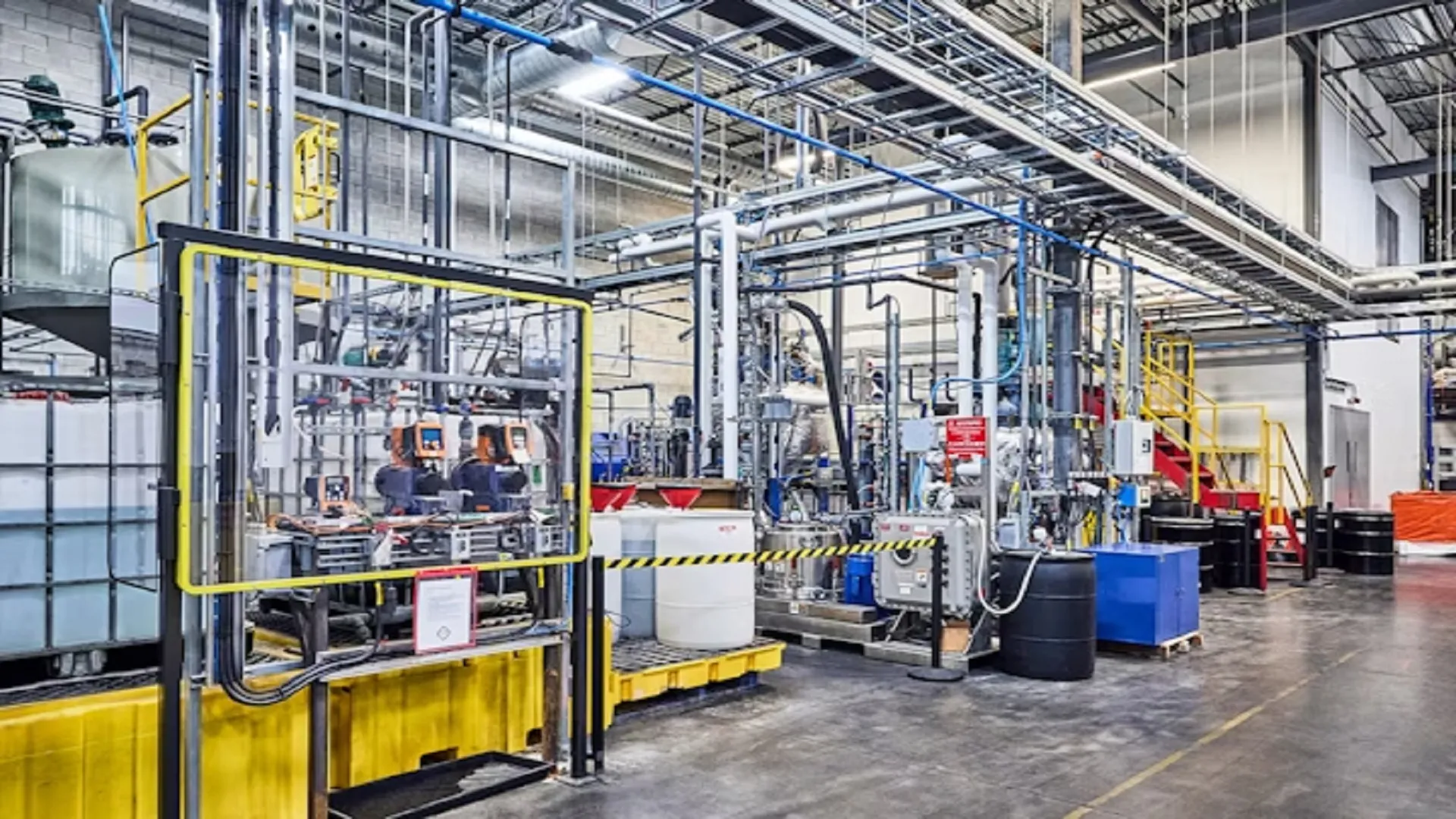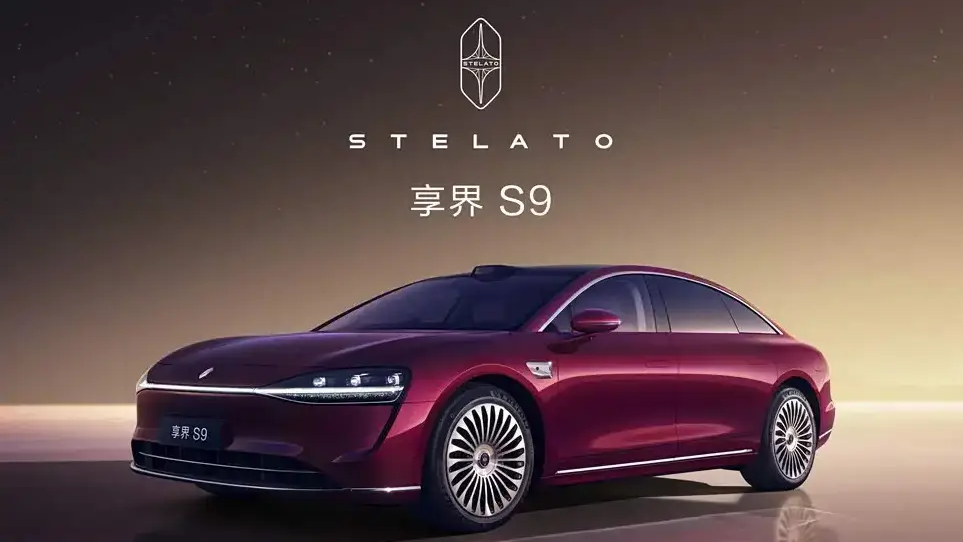Copyright Interesting Engineering

A new recycling initiative in Canada aims to give electric vehicle (EV) batteries a second life. The program, initiated by Nissan Canada and Montreal-based clean technology company, will recover and repurpose materials from end-of-life EV batteries, reducing waste and supporting a circular economy. The initiative will see the carmaker use Lithion Technologies’ advanced hydrometallurgical process to recycle used batteries, cutting resource demand and environmental impact. “Together, we’re helping to localize battery recycling, reduce dependence on mining, and support the growth of Canada’s clean tech sector,” said Andrew Harkness, Director of Dealer Network Development, Electrification, and Corporate Strategy at Nissan Canada, in a statement. In August, German scientists developed a new method to recycle dry-processed lithium-ion battery cathodes, enabling more sustainable, cost-effective, and circular production of next-generation batteries. Sustainable energy loop Lithion Technologies has developed an advanced recycling process to recover valuable materials from end-of-life EV batteries. The firm’s patented hydrometallurgical technology enables the efficient separation and purification of critical components such as lithium, nickel, cobalt, and graphite. Unlike traditional pyrometallurgical methods that burn battery materials, Lithion’s process uses a closed-loop, water-based system that minimizes greenhouse gas emissions and waste generation. The recycling begins with the mechanical dismantling and shredding of used lithium-ion batteries to produce “black mass,” a concentrated mixture of valuable metals. This material then undergoes chemical treatment, where Lithion’s process extracts and refines up to 95 percent of battery materials and 98 percent of critical minerals for reuse in new batteries. According to the firm, by reintroducing these recovered materials into the supply chain, the technology significantly reduces dependence on raw material extraction and lowers the overall carbon footprint of battery production. In 2024, Lithion partnered with Hyundai Auto Canada to collect and recycle EV batteries and modules, expanding their 2021 collaboration to validate Lithion’s extraction technology. Clean mobility cycle Nissan Canada’s new battery recycling initiative represents a significant step toward advancing its EV sustainability goals. Through the strategic partnership, the carmaker aims to close the loop on EV battery use by recovering valuable materials and reintegrating them into the production cycle. According to Nissan, Lithion’s advanced hydrometallurgical process, supported by its commercial facility in Saint-Bruno, Quebec, can recover up to 95 percent of battery materials and 98 percent of critical minerals such as lithium, nickel, and cobalt. This capability reduces the need for new raw material extraction and cuts the environmental impact associated with mining and battery waste. By leveraging this recycling infrastructure, Nissan will strengthen its local supply chain, reduce production emissions, and move closer to achieving a circular economy for electric mobility. As the demand for EVs continues to grow, the partnership ensures that batteries at the end of their life are responsibly managed and transformed into resources for future use. It also aligns with Nissan’s global strategy to promote cleaner manufacturing, reduce waste, and build a sustainable foundation for its next generation of electric vehicles. “The strategic partnership with Nissan Canada and its dealer network is another great example of collaborations needed to realize the quest for clean, safe, and efficient circularity of EV batteries,” said Yves Noël, Vice President and Chief Business Development Officer at Lithion Technologies, in a statement.



